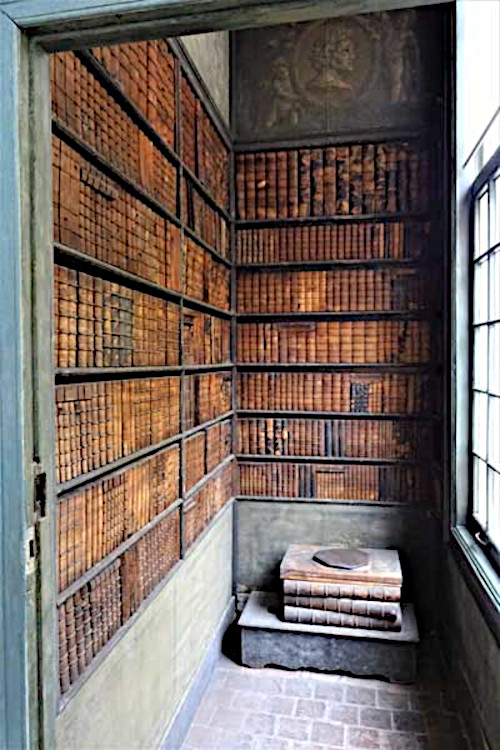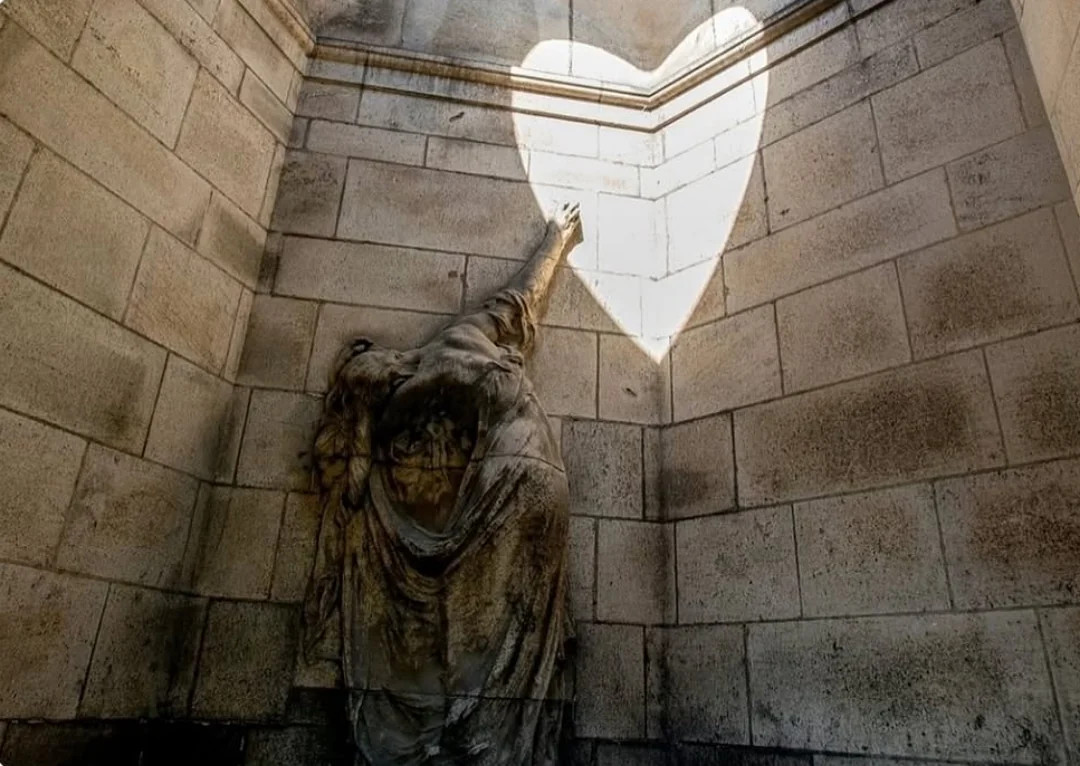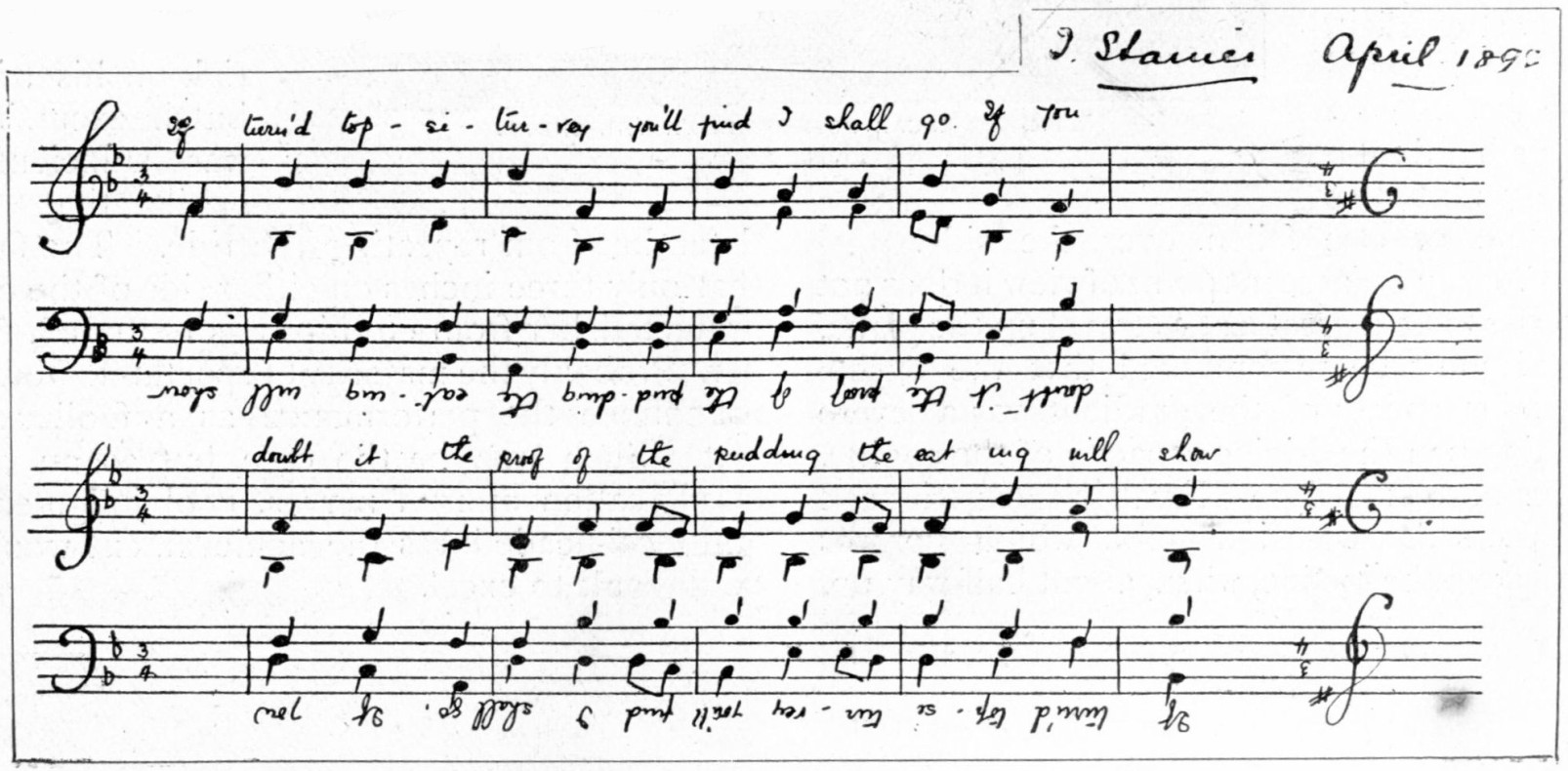Each of the first 18 multiples of 526315789473684210 contains all 10 digits:
526315789473684210 x 1 = 526315789473684210 526315789473684210 x 2 = 1052631578947368420 526315789473684210 x 3 = 1578947368421052630 526315789473684210 x 4 = 2105263157894736840 526315789473684210 x 5 = 2631578947368421050 526315789473684210 x 6 = 3157894736842105260 526315789473684210 x 7 = 3684210526315789470 526315789473684210 x 8 = 4210526315789473680 526315789473684210 x 9 = 4736842105263157890 526315789473684210 x 10 = 5263157894736842100 526315789473684210 x 11 = 5789473684210526310 526315789473684210 x 12 = 6315789473684210520 526315789473684210 x 13 = 6842105263157894730 526315789473684210 x 14 = 7368421052631578940 526315789473684210 x 15 = 7894736842105263150 526315789473684210 x 16 = 8421052631578947360 526315789473684210 x 17 = 8947368421052631570 526315789473684210 x 18 = 9473684210526315780
The 19th multiple, alas, is 9999999999999999990.



